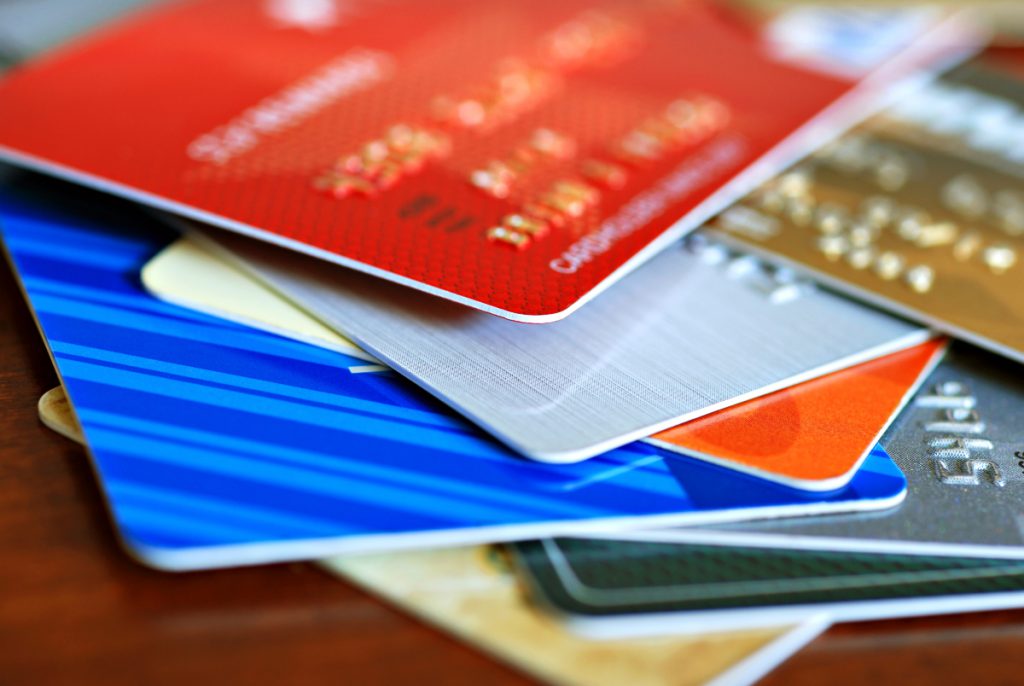
As coronavirus (COVID-19) continues to incite global economic fears and threaten public health, credit card issuers are beginning to roll out assistance programs for cardholders who may be financially affected by the outbreak.
Credit card issuers and networks are seeing impact from the virus, too. Already, Visa and Mastercard have made cuts to their revenue outlooks in response to decreased spending, especially on travel.
And as more cardholders’ wallets across the country are affected, whether by a decline in business, reduced work schedules or other limitations to income, banks are responding by implementing assistance programs.
Here’s a rundown of what’s being offered so far and other options you may have if you face payment difficulties:
Issuer assistance
In response to the virus outbreak so far, several issuing banks have released statements regarding their ongoing monitoring and response for customers. For credit cardholders specifically, here’s what each issuer stated:
Capital One
Cardholders are encouraged to use digital tools online and via the Capital One mobile app for account management. Customers impacted financially by the virus should contact Capital One to discuss and work out an individual solution.
Chase
Account holders who have been affected by coronavirus should call the number on the back of their credit card or on their monthly statement. As a precaution against potential scams, the issuer also advises that, if someone from Chase reaches out to you, they will not ask for confidential information such as your name, password, PIN or other account information.
Citi
Eligible Citi credit cardholders may make use of “always on” assistance programs, which include credit line increases and collection forbearance options.
U.S. Bank
U.S. Bank advises customers who have been impacted by coronavirus to reach out by calling 888-287-7817 to discuss individual solutions.
Wells Fargo
Wells Fargo customers experiencing hardship related to coronavirus and in need of assistance are encouraged to call 1-800-219-9739 to speak with a trained specialist about available options.
Reach out to your issuer
If you’re facing financial hardship and finding it difficult to meet your payment minimums, some issuer-specific options may not be the best fit for you.
“I’d advise against forbearance unless you’re really desperate, because interest still accrues,” says Ted Rossman, industry analyst at Bankrate. “All that would do is get you out of paying the monthly minimum for a time, but you’d end up paying extra later on.”
Forbearance plans offered by your issuer may include postponing payments for several months, lowering monthly minimum payments or even eliminating some fees. But you should consider forbearance as a last resort. Reach out to your issuer first to discuss your individual circumstances.
“If you’re really in a pinch, contact your credit card company and explain your specific situation,” Rossman says. “Maybe they can offer you a better deal.”
“Most credit card issuers have off-menu options for those struggling financially,” says Bruce McClary, vice president of communications and spokesperson at the National Foundation for Credit Counseling. “All that’s required is to be honest about your circumstances when speaking with the account representative and asking direct questions about available short term hardship programs.”
Think about other options
Rossman recommends looking beyond your issuer for other options, as well. If you have an emergency savings, this may be a time that necessitates dipping into it. If your credit is healthy enough to qualify for a card with a zero percent introductory rate on balance transfers, that could help stave off mounting interest payments for a few months. You may want to look into a personal loan with a lower interest rate as well.
Consider seeking assistance within your community, too. Look to resources such as community centers and places of worship or even friends and neighbors.
“If the issue is serious enough to last more than a few months to get back on track, or if your accounts are already seriously delinquent, it’s best to reach out to a nonprofit credit counseling agency like those affiliated with the NFCC,” McClary says.
This story was originally published March 10, 2020 by Bankrate.

